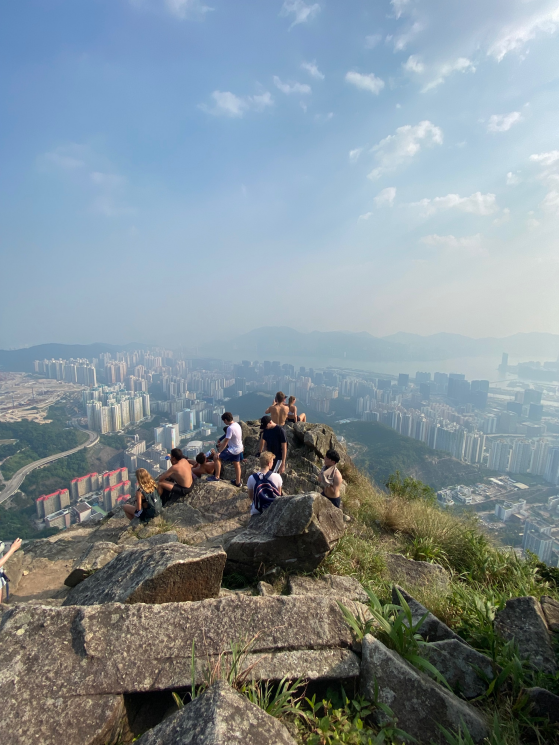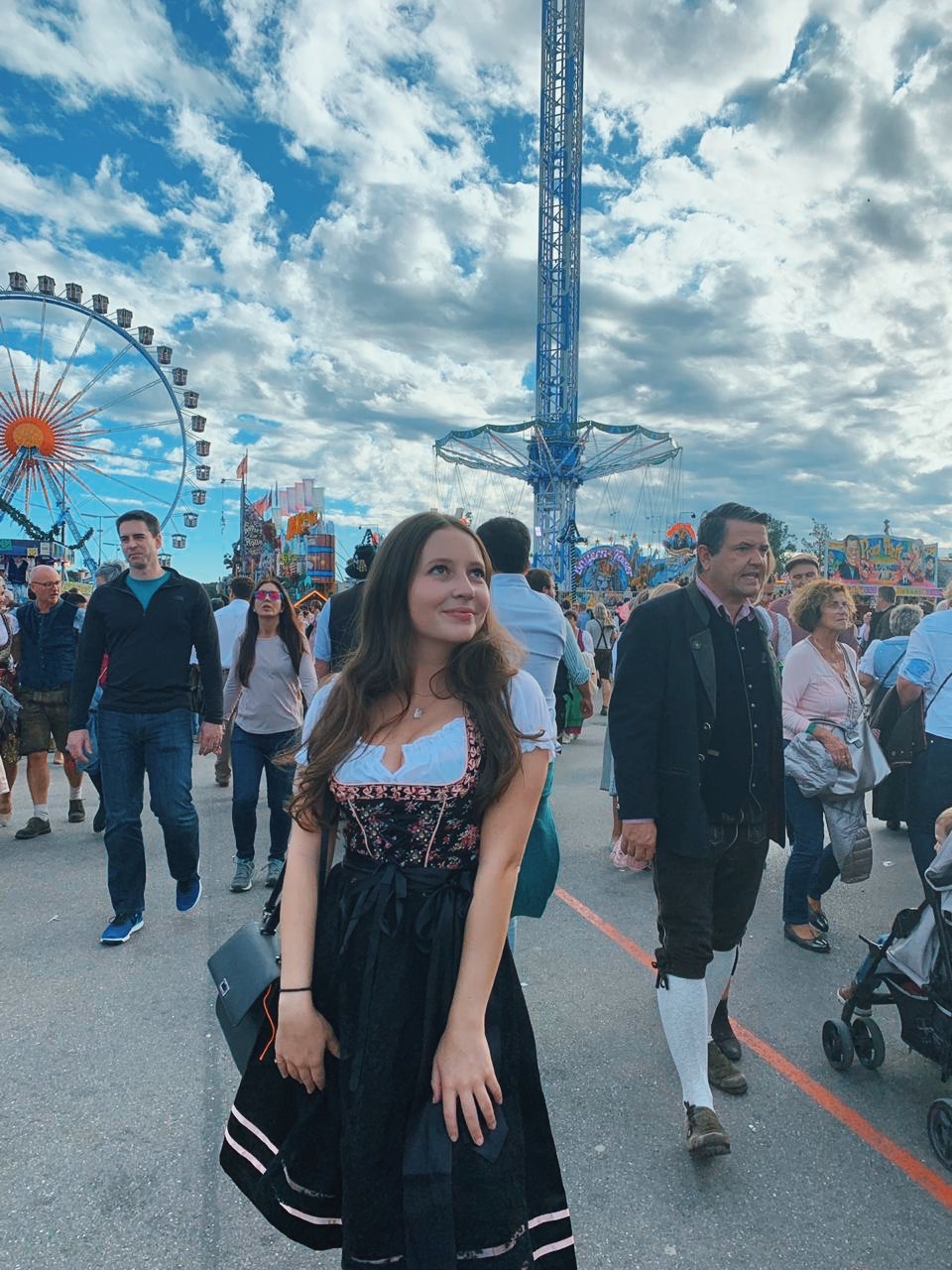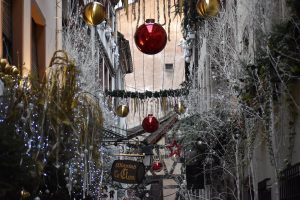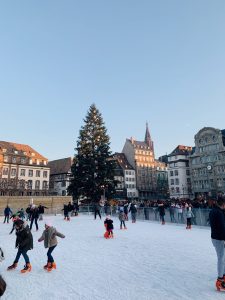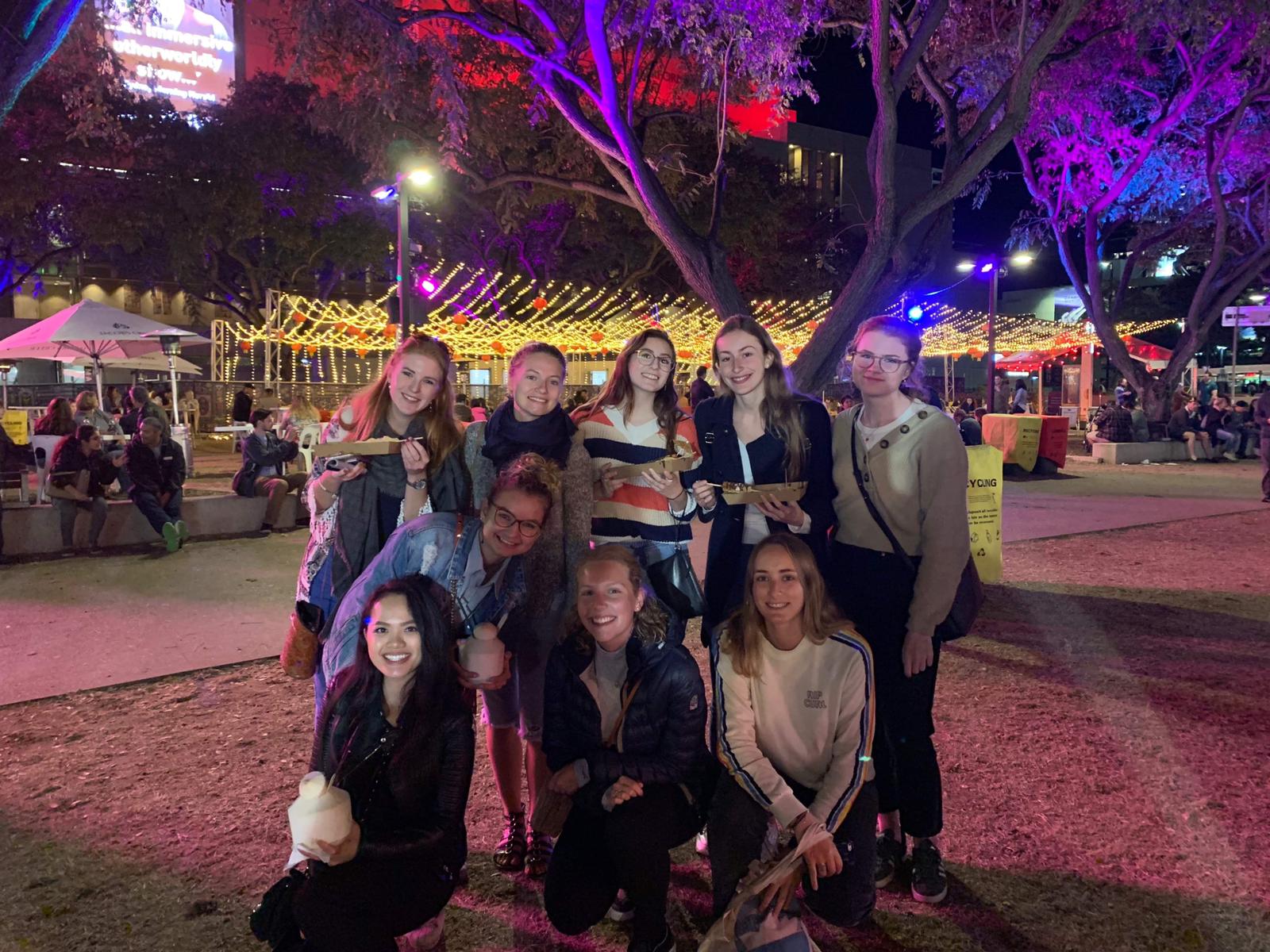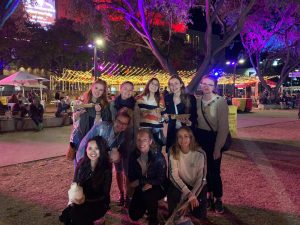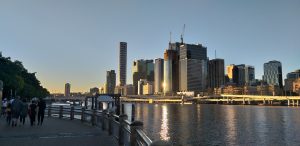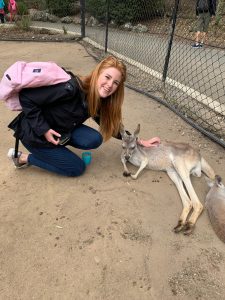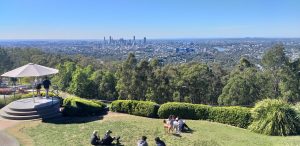Diego Strebel
BCom International Business
Semester Exchange in the Second Semester, 2022 at the City University of Hong Kong
Pre-departure:
In preparation for my exchange semester in Hong Kong, I focused my efforts on a few main points: online university registration and enrolment, the visa application process, flights, quarantine hotel and student accommodation. For the online university registration and enrolment process, I had to supply the City University of Hong Kong (City U) with my personal details, an electronic passport photo, previous certifications, a brief paragraph of why I would be an ideal fit as an exchange student at this university, as well as my preferred module choices.
I had chosen ten modules provisionally; however, only two were ultimately allocated to me – meaning I was three short of the required credits to pass. This was slightly stressful, considering the process of selecting and allocating modules was extremely unclear and confusing. We were given ‘windows’ of two hours on three days to make module changes and there were ‘x’ number of steps to navigate through. Not to mention, the website for doing so probably has not been redesigned in 20 years. I had to engage in multiple E-mail communications with different heads of departments until finally, I was able to sort everything out. I would recommend City U rethink their approach to this as fellow incoming exchange students and I struggled with this.
There is not much to say about the visa application process: all I had to do was send the necessary visa application documents to the exchange coordinator in Hong Kong, and she took care of the rest. I received the visa roughly one month prior to my departure. I would like to emphasize how grateful I am for this hassle-free visa process: I was able to check online at what step of the process my application was in. At the time of my arrival, Hong Kong still had a mandatory quarantine period of seven days. For this period, I had to search for a government-approved hotel. Considering the limited supply of quarantine rooms in Hong Kong, I would not have found accommodation for those seven days if I had waited to receive the visa before booking. This was a conscious risk I took, booking everything prior to having received the visa.
Thereafter it was time to search for suitable student accommodation. The exchange coordinator in Hong Kong sent us a couple of recommendations. I am not staying in the student residence as I missed the application deadline for this. That, however, was not a problem as there were many options not too far away from the university. That being said, student accommodation would have been the most affordable option–by far. Next on the to-do list were flights–nothing out of the ordinary: I made sure my flights included orientation week as well as the final day of examination and made bookings.
Experience at the Host University
I enrolled in the following modules: Financial Systems, Markets and Instruments, Introduction to Artificial Intelligence (AI), Management, Persuasion in daily life, and Security Analysis and Portfolio Management. As 50% of the modules I was permitted to choose had to be business-related, I made sure to try something out of my usual interests. I enrolled in the AI course since I believed it would be exciting because I am doing my exchange in Hong Kong, which is under the control of China, and is highly focused on developing AI systems and technology. Additionally, the Persuasion course was interesting, and I feel I have benefited and can apply certain concepts to my everyday life.
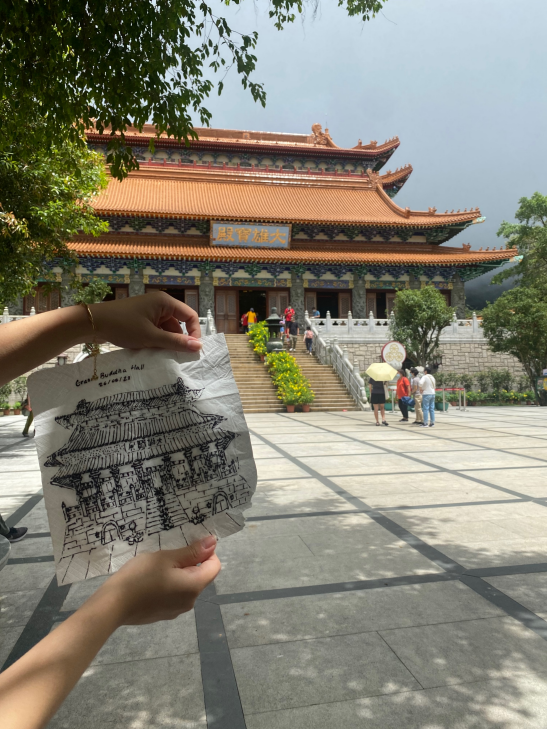
The other classes were not anything unforeseeable to me as they were all business related. Similar to the University of Stellenbosch, I noticed that most courses’ final grades are comprised of a group assignment (project or presentation) and a final examination. Where City U differs from SU is in that attendance was recorded for most of my classes and comprised part of the overall grade. Similarly, one has to claim points for participation by emailing the lecturer with the contributions one makes during class. In addition to this, there is only one final assessment towards the end of the semester and no ‘A1, 2 and 3’. This forces students to undergo higher levels of stress to perform well in the final exam as there is no second opportunity.
I was fortunate to befriend a group of locals through the student exchange club at City U who were eager to show me their city. I participated in numerous university-organized activities and excursions, such as horse racing, trips to different islands, beaches, temples, and local markets, tried the local cuisine and was able to experience the local nightlife. This was a great way to fully indulge myself into the Hong Kong culture and meet and make new friends, as most of my classes were held in an online environment, which made it difficult to connect with professors and other students. This is partially due to the fact that it was online and partially due to the fact that local students tend to be more introverted and reserved than South Africans or any other culture for that matter.
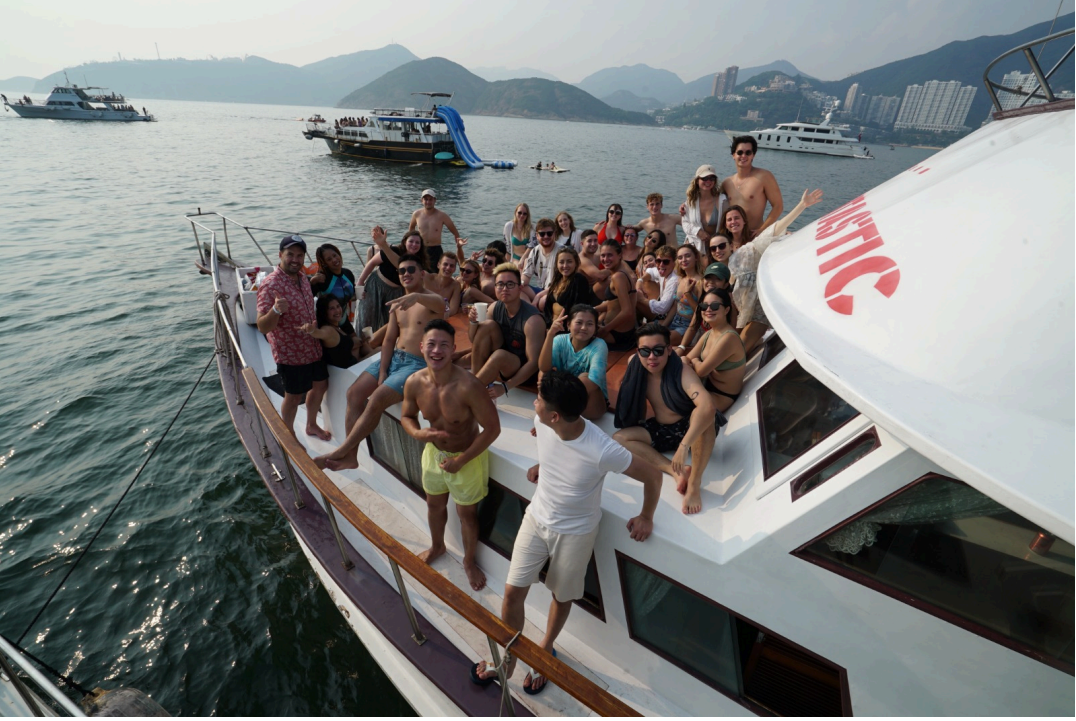
Return to Stellenbosch:
